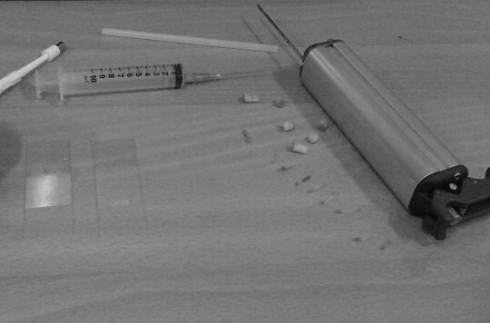If you walked past someone in the street and noticed they had a suspicious lesion on their face, would you tell them?
I guess most doctors would like to think they would, but what if you’re in a country where there is poor access to healthcare, where medical treatment is only available to those who can afford to pay for it, would that change your decision?
If you tell someone they potentially have an invasive form of skin cancer and they have no means to get it treated, surely you are doing the same as screening someone for a cancer that has no treatment.
I was faced with this very dilemma a few days ago, but I’m not in a third world country, I’m in one of the most developed countries in the world. I was on a subway train when I spotted a man with a suspicious skin lesion on his face, I took a few glances and was certain it was a basal cell carcinoma. He looked unkempt and was wearing torn, dirty clothes.
He certainly didn’t look like the kind of person to have an expensive healthcare insurance policy. I got up to approach but then hesitated, this wasn’t England, there was no NHS here, no equivalent to the free at the point of delivery, that is based on clinical need, not ability to pay system that I’m used to.
$145,000 for a 5 day hospital stay
A friend of mine, a resident of this country suddenly developed Wolff-Parkinson-White syndrome and had a 5 day hospital stay and a catheterised ablation and was charged $145,000.
I can’t even imagine that amount of money, nevertheless having to spend it for a condition that suddenly presented completely out of my control, my friend certainly doesn’t have that kind of money.
So what if you’re in this stranger’s position, what if you’re out of work and travelling on public transport, minding your own business and someone tells you that the lesion on your face, could be invading under your skin, doing irreversible damage and you have no money to pay for the treatment.
You’ve gone from oblivious to knowing that your own body is eating away at itself, and you’re powerless to stop it.









